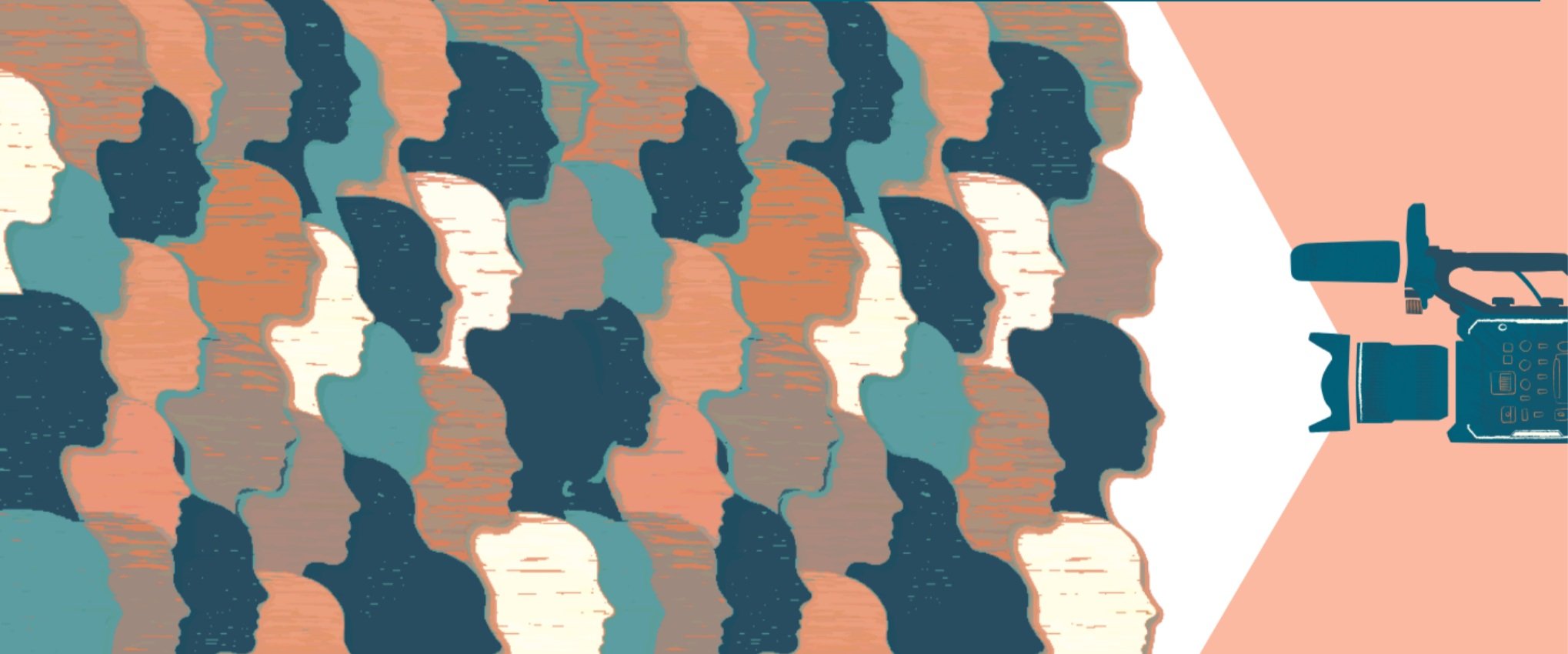
Cultural Competency in Film Education
100% of film school educators and 78% of film school students who were asked agreed that current cultural competency training in film schools is inadequate or needs improvement.
In 2022, the Center for Scholars & Storytellers at UCLA (CSS) convened storytellers, scholars and adolescents at our annual Creative Collaboration Think Tank (CCTT), funded by the Funders for Adolescent Science Translation (FAST), to answer the question:
How can we make more authentic and nuanced representations of marginalized communities a priority for all filmmakers and decision makers?
Participants at the 2022 CCTT highlighted the role film schools can play in developing and nurturing cultural competency in filmmakers as a potentially fruitful area of study.
This study explores the extent to which current film school curricula and educators promote inclusive and nuanced storytelling, and highlights recommendations for improvement. We conducted 28 total in-depth interviews: 10 storytellers, 9 scholars, and 9 students who provided the following recommendations for film school decisionmakers:
1. Encourage faculty to move beyond a Eurocentric and US- focused curriculum.
2. Teach students how to identify problematic filmmaking.
3. Embed cultural competency education, exposure, and training in all aspects of film school education.
4. Provide and require relevant courses to promote some level of cultural competency training for all film students.
5. Provide cultural competency training opportunities for faculty members and incentivize their participation.
6. Hire faculty and administrators from diverse backgrounds who are invested in and equipped to provide cultural competency education to students.
7. Prioritize increasing the diversity of the university population and providing students with the resources they need to make the most of their education.
8. Empower students, especially those from diverse backgrounds, with opportunities for their needs and desires related to cultural competency education to be heard.
Acknowledgments
Special Thanks To:
The Funders for Adolescent Science Translation (FAST)
Project Advisory Council
Dr. Riki Conrey
Julie Ann Crommett
Nicole Dow
Dr. Kareem Edouard
Dr. Sharoni Denise Little
Y. Shireen Razack
Alex Sewell
Authors:
Leona Ofei, MPH
Alexandra A. Bayard, BS
Michele Hinh, BA
Chelsea Wan
Alisha J. Hines, PhD
Resources
- Multiple scholars referenced the University Film and Video Association (UFVA) and EDIT MEDIA - Equity, Diversity and Inclusion in Teaching Media as great resources for educators, lecturers, and professors looking to improve their teaching in relation to the topics discussed in this report.
- Recommended article: USC School of Dramatic Arts to offer free tuition for its MFA programs









